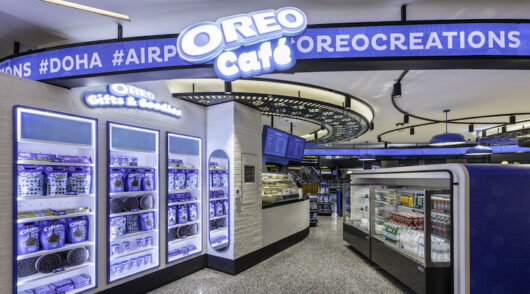Coronavirus updates for small businesses are changing rapidly as the federal and state governments roll out the vaccine strategy and respond to ongoing Covid-19 outbreaks.
SmartCompany answers seven questions related to vaccines, business support and rent relief.
1. What changed over the weekend about mandating vaccines among workers?
The Fair Work Ombudsman updated its guidelines about vaccinations and the workplace on Friday. The new guidelines no longer advise employers that they won’t be able to mandate vaccines in most circumstances. Instead, Fair Work has listed a range of circumstances where a mandate could be ‘lawful and reasonable’.
Employers can only require staff to get vaccinated in specific circumstances, including if there’s a state public health order in place. Each state manages its own legislation in relation to mandating vaccines in certain industries. For example, in New South Wales unvaccinated people can’t work as quarantine, transportation or airport workers. Construction workers in Covid-19 hotspots are also required to be vaccinated.
Fair Work has also confirmed that some employment contracts or agreements can contain terms relating to Covid-19 vaccinations. However, the guidelines warn employers to consider anti-discrimination laws when including vaccination terms in their contracts.
Finally, the new guidelines state that there are some contexts where it would be lawful and reasonable for an employer to mandate the Covid-19 vaccine. Whether a mandate is lawful depends on a range of factors and Fair Work has created several groups to make it clearer, with workplaces in the first group being the most likely to reasonably enforce a mandate.
The first category includes workplaces where employees interact with people with an increased risk of being infected with coronavirus, such as hotel quarantine facilities. The second category includes workplaces where employees are in contact with people who are vulnerable to coronavirus, such as health care. The third category includes workplaces that can’t operate remotely, such as essential goods and services. The final category includes workplaces that involve little face-to-face interaction.
2. What sort of leave do I give my staff if they attend a vaccination appointment?
If an employer requires its staff to get vaccinated, Fair Work says you should pay for your employees’ travel costs, and offer them paid leave if the appointment is during work hours.
If your employee voluntarily attends a vaccination appointment during work hours, Fair Work says they are generally not entitled to sick leave. Sick leave is specifically available to employees who are unfit to work due to illness or injury. However, Fair Work says individual workplaces policies may state otherwise.
3. What leave should I give my staff if they get adverse side effects after receiving a vaccine?
If your staff feel unwell after receiving a vaccine, they are entitled to paid sick leave.
4. Can an employee refuse to come to work because a colleague is unvaccinated against Covid-19?
It’s unlikely your staff could refuse to attend the workplace if other colleagues were not vaccinated. Vaccination isn’t mandatory for all employees and many workplaces can’t enforce mandatory vaccination directives. Additionally, some workers will have legitimate reasons not to be vaccinated.
5. I’m a business in NSW. When will I receive my business support payments?
The NSW government has not confirmed when it will process the backlog of business support applications it has received.
To date, about 240,000 small businesses have applied for a payment and there are still 61,000 applications that have not been assessed, the small business minister Damien Tudehope said on Monday.
While many businesses may have received the outcome of their application, it can take up to an additional week for businesses to receive the payment.
6. How do I access rent relief in New South Wales?
Rent relief is now mandated for eligible tenants and small landlords can access a monthly grant to help them provide commercial rent relief.
Until January 2022, commercial landlords will be required to negotiate rent reductions that are in proportion with their tenant’s decline in turnover. Half of the rent relief each business receives will be waived and the other half will be deferred.
The new rules apply to commercial and retail tenants with a turnover of up to $50 million who qualify for the Covid-19 Microbusiness grant, Covid-19 Business Grant or JobSaver Payment.
Businesses should contact their landlord or consult the NSW Small Business Commissioner’s website for more information.
7. How do I access rent relief in Victoria?
In Victoria, it’s now a requirement for commercial landlords to provide rent relief that matches their tenants’ fall in turnover.
This means that if a commercial tenant’s turnover is 40 per cent of pre-pandemic levels, the business owner can only be required to pay 40 per cent of their rent.
The support reintroduces the Commercial Tenancy Relief Scheme from last year, which will be available to businesses with an annual turnover under $50 million that have experienced a fall in turnover of at least 30 per cent due to coronavirus.
Businesses are encouraged to contact their landlords directly to begin negotiations. The Victorian Small Business Commissioner is also providing guidance in how to reach an agreement with your landlord.
This story originally appeared on SmartCompany and has been republished with permission.






